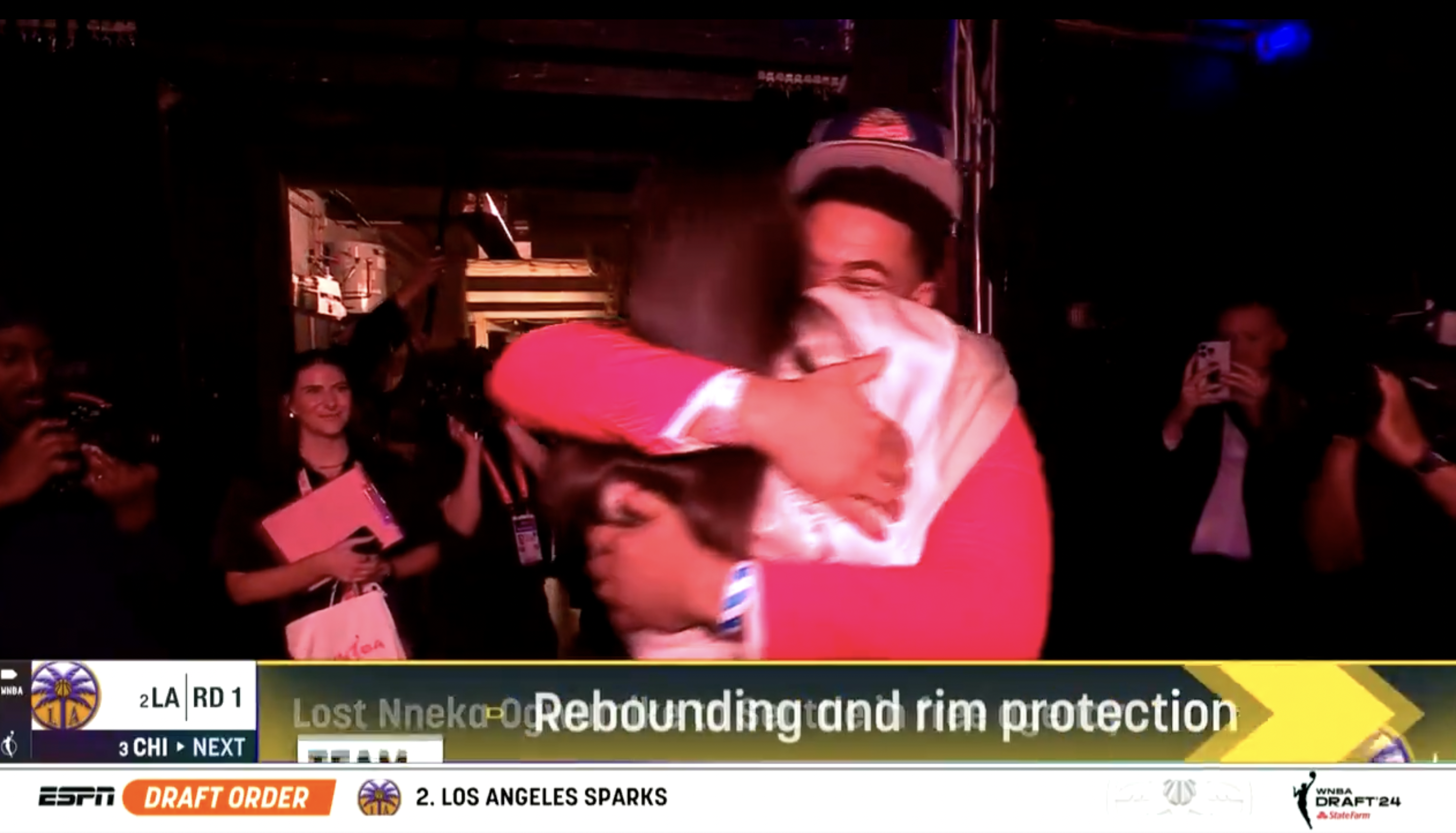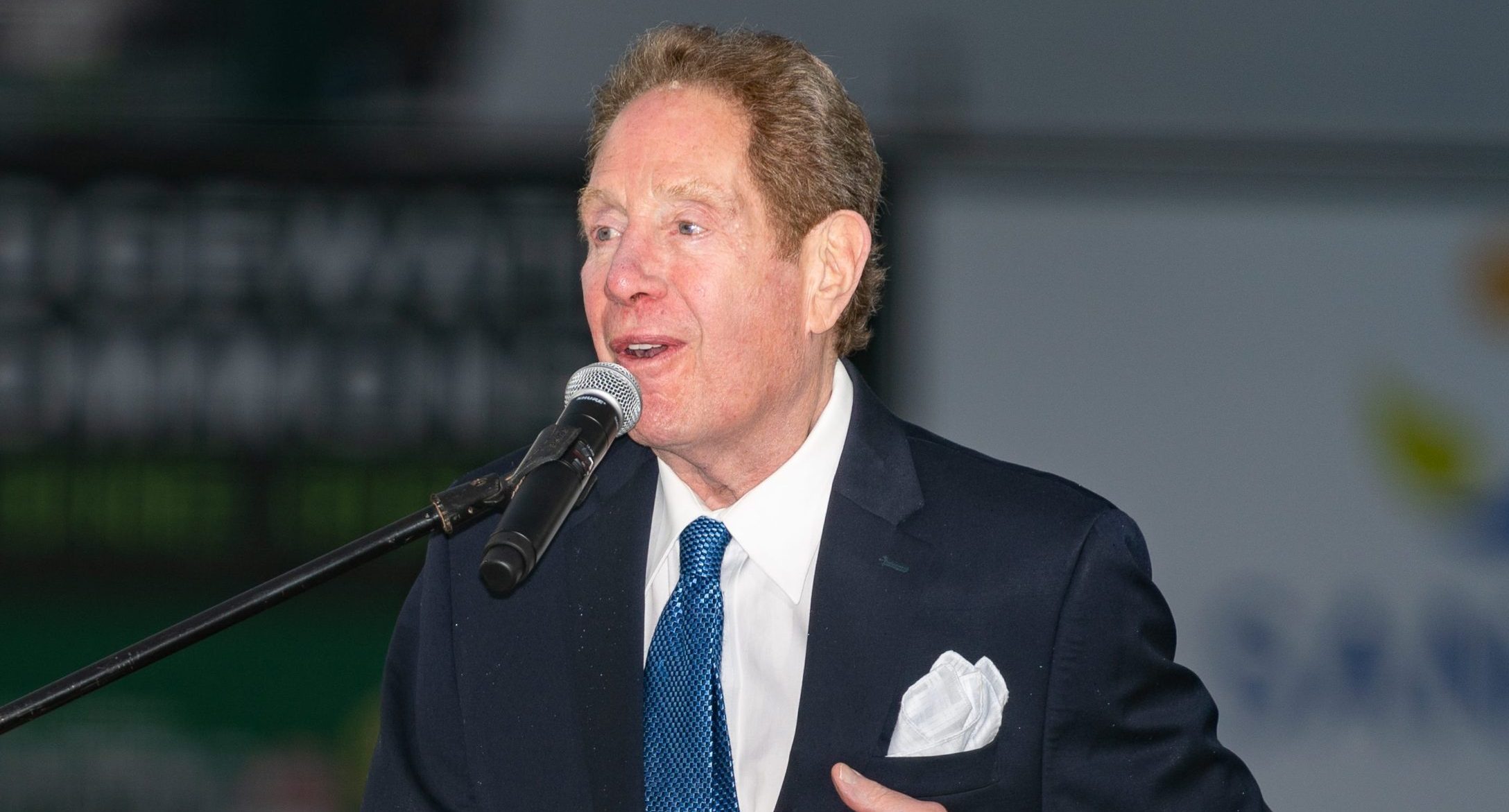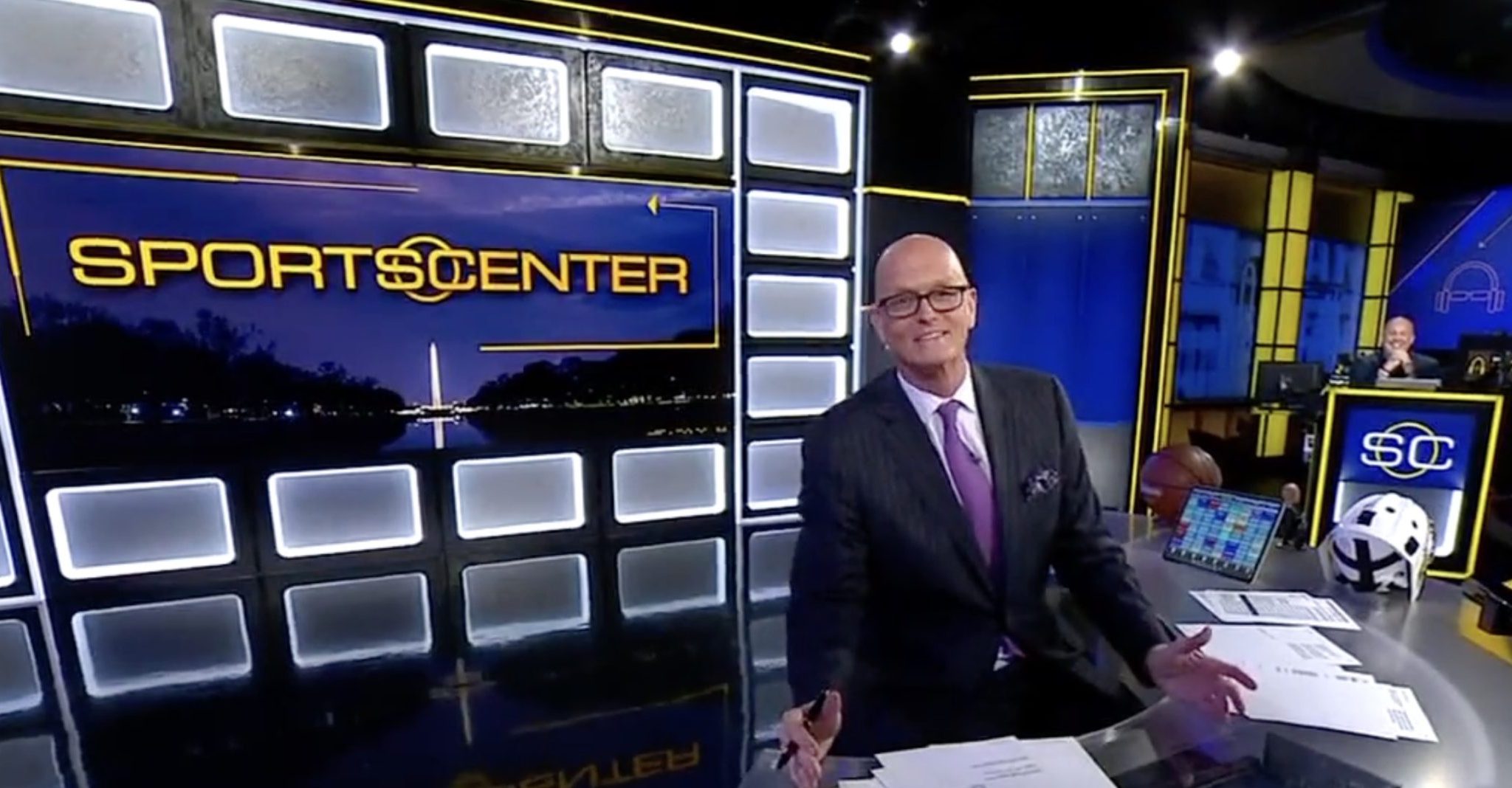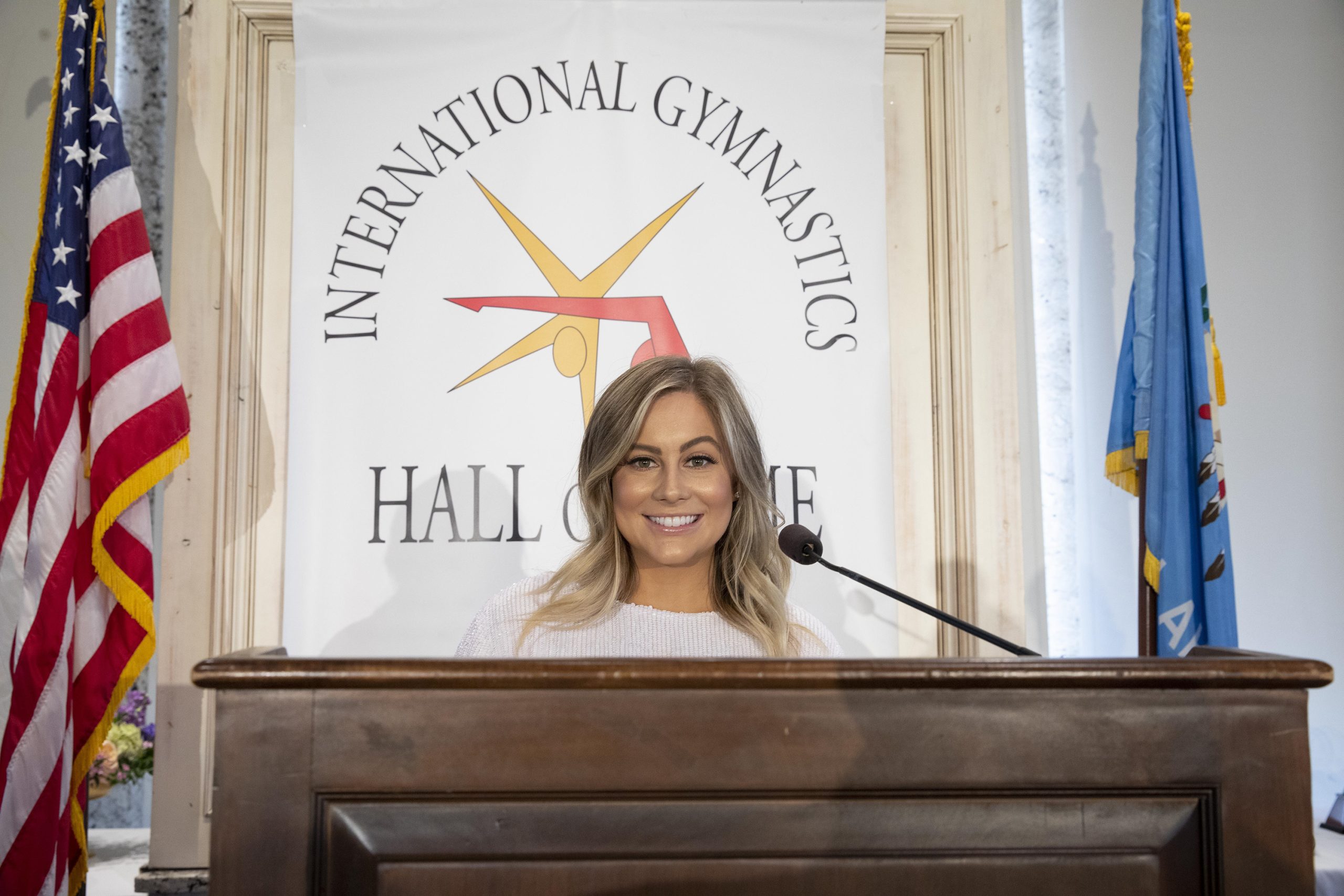
Back in November, we brought you the news of the Los Angeles Dodgers and their potential $6 billion, 25 year TV deal with Fox. But here we are in 2013, and the deal has still not been finalized. As time continues to roll on, the Dodgers may be going in a different direction from Fox, and could actually ink a deal with Time Warner instead.
Fox lost their exclusive negotiating rights with the Dodgers five weeks ago, and since then, Time Warner has stepped in to the discussions as well. The reason for the Dodgers opening up negotiations has to do with the versatility that Time Warner can provide the club. Guggenheim Partners, new principal owners of the team among others, also own Dick Clark Productions. A deal with Time Warner could also help that asset out with distribution, whereas a deal with Fox would only benefit the Dodgers.
The proposed Fox deal is also interesting because of the way it was set up. Under MLB's revenue sharing agreement, 34% of a team's annual rights fee must be thrown into the pool. In the $6 billion agreement the Dodgers and Fox were discussing, you'd think that the Dodgers would have to pay in $2 billion over the 25 years… until looking at the way things were set up. The Dodgers/Fox deal only had an annual rights fee of $84 million per season, increasing by 4% each year. The deal also contained $100 million per year in dividends that would be paid to the team, and that money is where the discrepancy comes into play.
The main issue at play is ownership in a potential RSN with Fox or Time Warner. With the Dodgers planning on launching their own RSN, the league believes the team must have an ownership stake in it for the $100 million dividend to not be subject to revenue sharing. Without Dodgers ownership in the RSN, the dividend would be subject to revenue sharing, costing the team an additional $34 million per season in addition to the 34% of the rights fees they're contributing.
Most of the RSNs that have popped up in recent months and years (including CSN Bay Area, CSN Houston, CSN Philadelphia, SNY, YES, NESN, MASN, etc) have at least partial ownership by the teams involved. However, there are some (the Root Sports RSNs in Pittsburgh, Denver, and Seattle to name three) that have no team ownership. Predictably, the teams that don't have any ownership in their RSNs are bringing in much less revenue per year. If the Dodgers are forced to take an ownership role in their new RSN in order to get that $100 million dividend free from revenue sharing restrictions, it will be a huge coup for them, and will essentially confirm that their new TV deal is the new high watermark in sports. However, if the team doesn't want to take an ownership role, and that dividend is subject to revenue sharing, the league as a whole may be better off with an extra $34 million thrown into the pool yearly.
Whatever the decision ends up being, it will be a key ruling for other teams who are seeing their rights agreements expire in the next couple of years. If the Dodgers don't need to have ownership in the RSN to get that dividend, ownership may not matter as much. And for that matter, if the team *is* forced to have a partial stake in the RSN to have their dividends exempt from revenue sharing, why wouldn't every team that has rights agreements expiring try to start up a new RSN that they have a stake in? Whatever the outcome of the Dodgers TV negotiations ends up being, things are going to definitively change in the future.
[LA Times]






